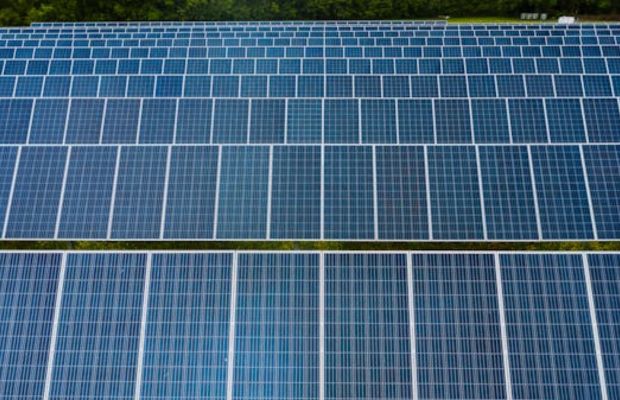A latest report from the International Energy Agency (IEA) said that several countries in Southeast Asia have their renewable energy targets. The report by the international energy think tank said that eight out of 10 countries in the region have announced target dates of carbon neutrality: Singapore, Malaysia and four others in 2050; Indonesia in 2060; and Thailand in 2065.
However, the report said that the lesser investments towards renewable had been a concern and posing new challenges. “For the moment, there are significant gaps between investment trends and the region’s long-term goals. Southeast Asia’s spending on clean energy represents only about 2% of the global total. Annual average energy investment over the last three years was USD 72 billion, but would need to increase to over USD 130 billion to align with the APS by the end of the decade. There would also need to be a shift in the allocation of investment towards cleaner technologies: clean power would be the largest share of investment – nearly 40%,” the IEA report said.
The report however, said that some countries are showing a positive trend too. “Some countries are signalling a shift in priorities. Viet Nam, for instance, approved its 8th Power Development Plan in 2024, which seeks to reshape its energy system, including extensive development of renewable technologies as well as the use of low-emissions hydrogen and ammonia and a reduction in reliance on unabated coal. However, the implementation plan is not yet fully clear and over 10 GW of new coal-fired capacity remains in the pipeline,” the report added.
The IEA report said that updated expansion plans for low-emissions power and infrastructure, and changes in power purchasing agreements, are an important signal to investors. “However, uncertainties remain in many countries over remuneration mechanisms for renewable output, which continue to affect risk perceptions and the cost of capital,” the report said.

